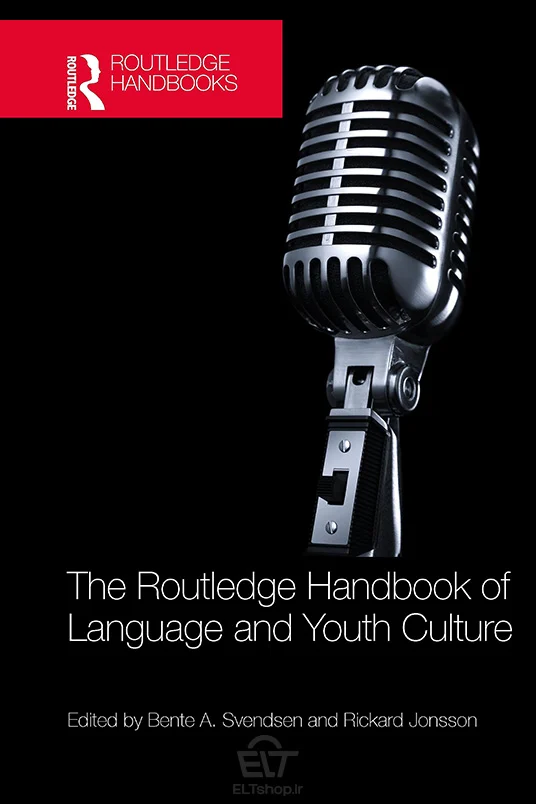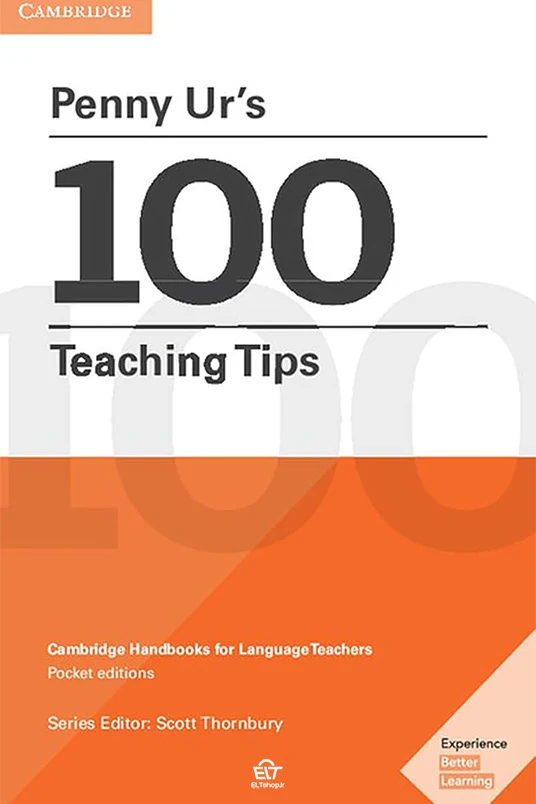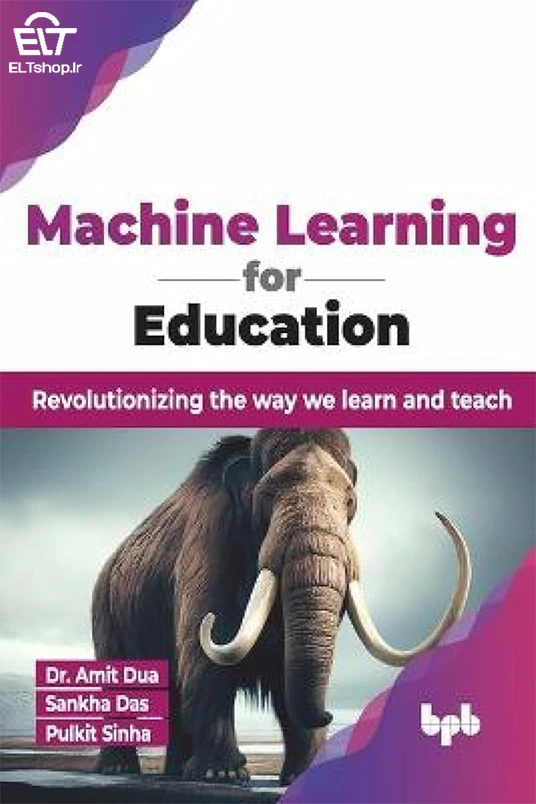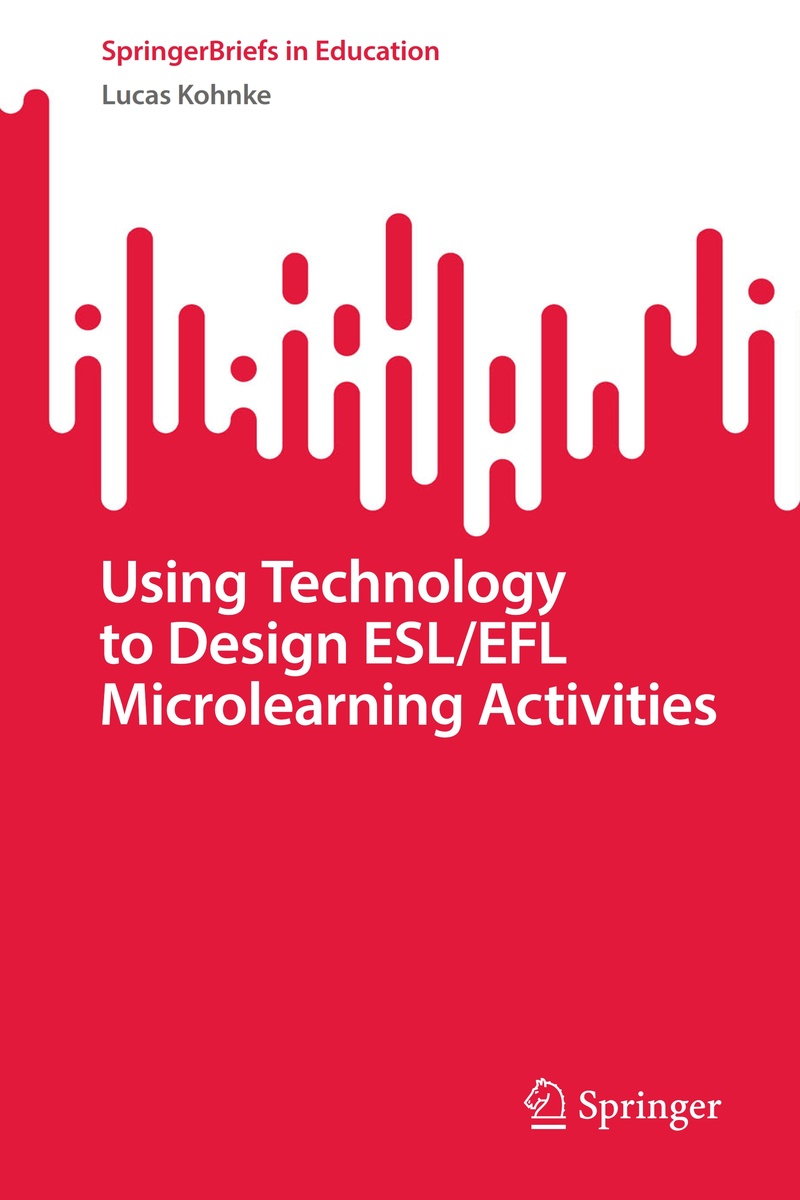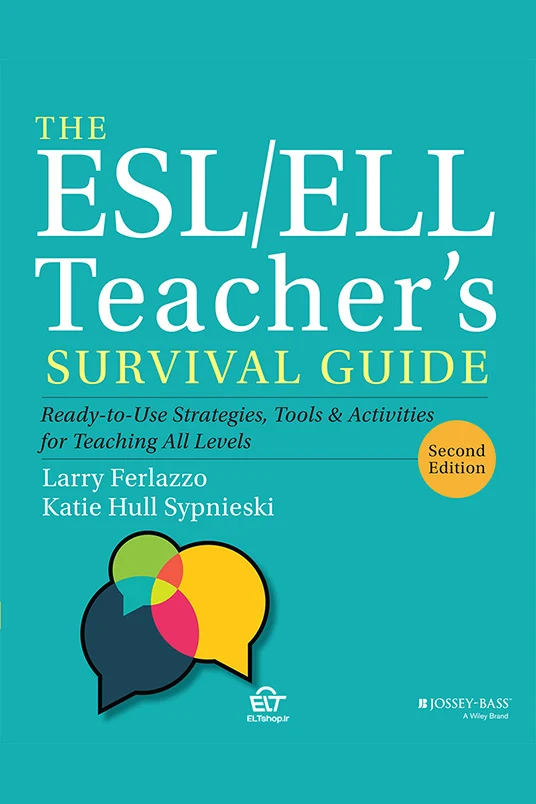کتاب «The Routledge Handbook of Language and Youth Culture» نخستین اثر مهمی است که مطالعات انتقادی جوانان را در چارچوب پژوهشهای جامعهزبانشناسی بررسی میکند. جوانان اغلب در خط مقدم خلاقیت زبانی و فناوریهای نوین ارتباطی قرار دارند. شیوههای زبانی آنها بهعنوان یکی از ابزارهای اصلی در تحلیل تغییرات زبانی و نقش زبان در زندگی اجتماعی، از جمله ارتباط زبان با هویت، ایدئولوژی و قدرت، در نظر گرفته میشود.
این کتاب که نظرات نوآورانهای از اندیشمندان مطرح جهان را گرد هم آورده، به موضوعات زیر میپردازد:
- بررسی تأثیر عوامل فرهنگی و اجتماعی مانند طبقه، جنسیت، قومیت و نژاد بر زبان
- توجه به احساسات، عواطف، سن و تبعیض سنی، مادیگرایی، نقش بدن، کنشهای اجتماعی و سیاسی جوانان و تأثیر زبان بر ایجاد و تغییر فضاهای اجتماعی
- بررسی انتقادی مفاهیم «زبان»، «جوانان» و «فرهنگ» با بهرهگیری از دیدگاههای مطالعات جوانان، برای فهم چگونگی تأثیر قدرت بر درک ما از سن
- ارائه نمونههایی از بسترهای زبانی گوناگون مانند شبکههای اجتماعی و کلاسهای درس، و همچنین نمونههایی مانند گرافیتی، حرکات بدن و موسیقیهایی چون گرایم و هیپهاپ
این کتاب با بررسی نحوه تفکر، احساس، عمل و ارتباط جوانان در دنیای پیچیده و دوقطبی امروز، منبعی ارزشمند برای دانشجویان پیشرفته و پژوهشگران رشتههایی مانند جامعهزبانشناسی، انسانشناسی زبانی، چندزبانی، مطالعات جوانان و جامعهشناسی است.
The Routledge Handbook of Language and Youth Culture serves as a foundational resource that integrates critical youth studies into sociolinguistic research. Young individuals are often recognized as key drivers of linguistic innovation and the development of new communication technologies. Their use of language plays a significant role in examining linguistic shifts and the interplay between language and various aspects of social life, including the connections between language, identity, ideology, and power.
This handbook compiles cutting-edge perspectives from leading thinkers worldwide and covers the following topics:
- The impact of young people’s cultural practices, along with factors like class, gender, ethnicity, and race, on language
- The influence of emotions, age, ageism, materiality, embodiment, and political engagement of youth, as well as the detachment of language from place
- A critical examination of how we define concepts like ‘language,’ ‘youth,’ and ‘culture,’ utilizing insights from youth studies to frame age within power relations
- A variety of examples from diverse linguistic settings, including social media, classrooms, and forms of expression such as graffiti, gestures, and musical genres like grime and hip-hop
Offering valuable insights into the thoughts, feelings, behaviors, and communication styles of young people in a complex and divided world, The Routledge Handbook of Language and Youth Culture is an essential resource for advanced students and researchers in fields such as sociolinguistics, linguistic anthropology, multilingualism, youth studies, and sociology.
